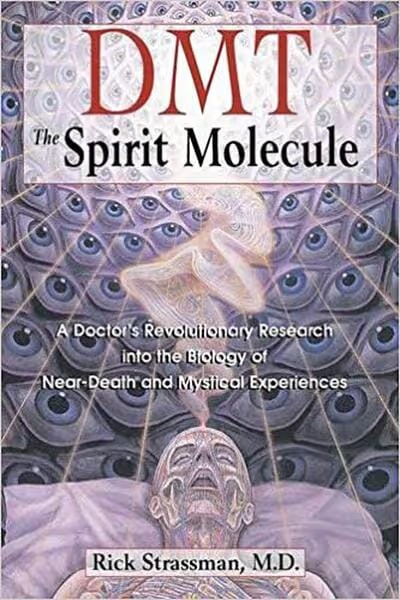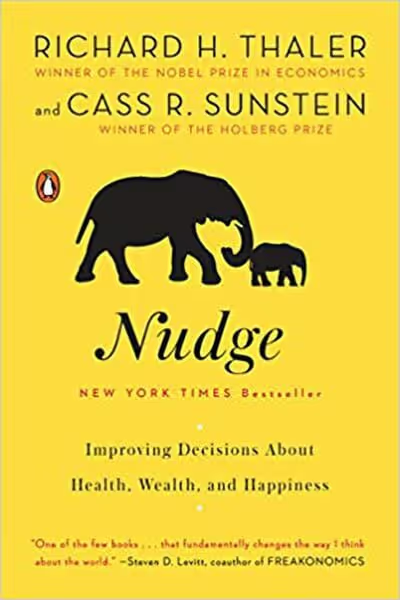The Extension of Man
The late J. D. Bernal's lectures given to first-year students in physics at Birkbeck College, University of London, are presented here in their entirety, tracing the history of physics up to the end of the classical era at the end of 19th century, just before the discoveries of the subatom and relativity were made. In view of the prestige and profundity of the newer discoveries, Bernal felt that the classical era was being largely forgotten.
In this book, he attributes a greater relevance to the work of men from the distant past than is usually given. For instance, the idea of "atom" not only retains the language of the Greek, Democritus, who first postulated it, but there is also an absolutely unbroken connection between the atom of the Greek and that of the modern physicist. Bernal felt that the historical method would be a suitable introduction to the fundamental concepts of physics, and it is hoped that the readers of the book will be able to see something of the interplay between the theoretical and practical aspects of the subject.
In my own field, x-ray crystallography, we used to work out the structure of minerals by various dodges which we never bothered to write down, we just used them. Then Linus Pauling came along to the laboratory, saw what we were doing and wrote out what we now call Pauling's Rules. We had all been using Pauling's Rules for about three or four years before Pauling told us what the rules were.






















































